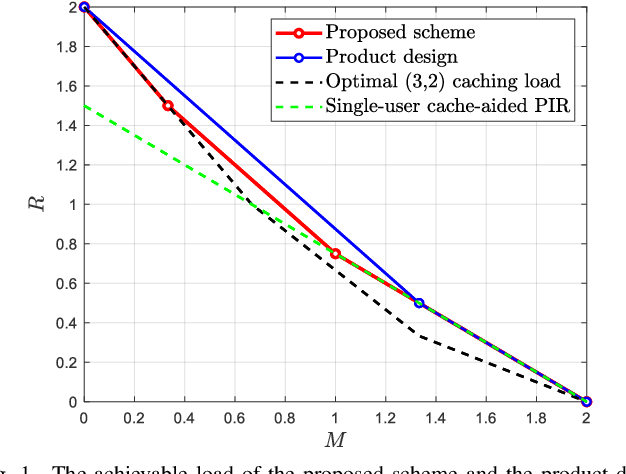Hua Sun
Multimodal Rumor Detection Enhanced by External Evidence and Forgery Features
Jan 21, 2026Abstract:Social media increasingly disseminates information through mixed image text posts, but rumors often exploit subtle inconsistencies and forged content, making detection based solely on post content difficult. Deep semantic mismatch rumors, which superficially align images and texts, pose particular challenges and threaten online public opinion. Existing multimodal rumor detection methods improve cross modal modeling but suffer from limited feature extraction, noisy alignment, and inflexible fusion strategies, while ignoring external factual evidence necessary for verifying complex rumors. To address these limitations, we propose a multimodal rumor detection model enhanced with external evidence and forgery features. The model uses a ResNet34 visual encoder, a BERT text encoder, and a forgery feature module extracting frequency-domain traces and compression artifacts via Fourier transformation. BLIP-generated image descriptions bridge image and text semantic spaces. A dual contrastive learning module computes contrastive losses between text image and text description pairs, improving detection of semantic inconsistencies. A gated adaptive feature-scaling fusion mechanism dynamically adjusts multimodal fusion and reduces redundancy. Experiments on Weibo and Twitter datasets demonstrate that our model outperforms mainstream baselines in macro accuracy, recall, and F1 score.
Fundamental Limits of Hierarchical Secure Aggregation with Cyclic User Association
Mar 07, 2025Abstract:Secure aggregation is motivated by federated learning (FL) where a cloud server aims to compute an averaged model (i.e., weights of deep neural networks) of the locally-trained models of numerous clients, while adhering to data security requirements. Hierarchical secure aggregation (HSA) extends this concept to a three-layer network, where clustered users communicate with the server through an intermediate layer of relays. In HSA, beyond conventional server security, relay security is also enforced to ensure that the relays remain oblivious to the users' inputs (an abstraction of the local models in FL). Existing study on HSA assumes that each user is associated with only one relay, limiting opportunities for coding across inter-cluster users to achieve efficient communication and key generation. In this paper, we consider HSA with a cyclic association pattern where each user is connected to $B$ consecutive relays in a wrap-around manner. We propose an efficient aggregation scheme which includes a message design for the inputs inspired by gradient coding-a well-known technique for efficient communication in distributed computing-along with a highly nontrivial security key design. We also derive novel converse bounds on the minimum achievable communication and key rates using information-theoretic arguments.
A New Design of Cache-aided Multiuser Private Information Retrieval with Uncoded Prefetching
Feb 03, 2021
Abstract:In the problem of cache-aided multiuser private information retrieval (MuPIR), a set of $K_{\rm u}$ cache-equipped users wish to privately download a set of messages from $N$ distributed databases each holding a library of $K$ messages. The system works in two phases: {\it cache placement (prefetching) phase} in which the users fill up their cache memory, and {\it private delivery phase} in which the users' demands are revealed and they download an answer from each database so that the their desired messages can be recovered while each individual database learns nothing about the identities of the requested messages. The goal is to design the placement and the private delivery phases such that the \emph{load}, which is defined as the total number of downloaded bits normalized by the message size, is minimized given any user memory size. This paper considers the MuPIR problem with two messages, arbitrary number of users and databases where uncoded prefetching is assumed, i.e., the users directly copy some bits from the library as their cached contents. We propose a novel MuPIR scheme inspired by the Maddah-Ali and Niesen (MAN) coded caching scheme. The proposed scheme achieves lower load than any existing schemes, especially the product design (PD), and is shown to be optimal within a factor of $8$ in general and exactly optimal at very high or low memory regime.
Information Theoretic Secure Aggregation with User Dropouts
Jan 19, 2021
Abstract:In the robust secure aggregation problem, a server wishes to learn and only learn the sum of the inputs of a number of users while some users may drop out (i.e., may not respond). The identity of the dropped users is not known a priori and the server needs to securely recover the sum of the remaining surviving users. We consider the following minimal two-round model of secure aggregation. Over the first round, any set of no fewer than $U$ users out of $K$ users respond to the server and the server wants to learn the sum of the inputs of all responding users. The remaining users are viewed as dropped. Over the second round, any set of no fewer than $U$ users of the surviving users respond (i.e., dropouts are still possible over the second round) and from the information obtained from the surviving users over the two rounds, the server can decode the desired sum. The security constraint is that even if the server colludes with any $T$ users and the messages from the dropped users are received by the server (e.g., delayed packets), the server is not able to infer any additional information beyond the sum in the information theoretic sense. For this information theoretic secure aggregation problem, we characterize the optimal communication cost. When $U \leq T$, secure aggregation is not feasible, and when $U > T$, to securely compute one symbol of the sum, the minimum number of symbols sent from each user to the server is $1$ over the first round, and $1/(U-T)$ over the second round.
 Add to Chrome
Add to Chrome Add to Firefox
Add to Firefox Add to Edge
Add to Edge